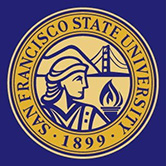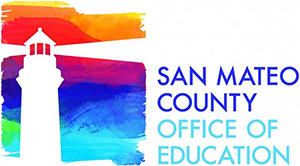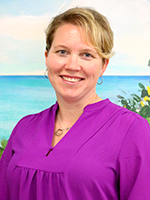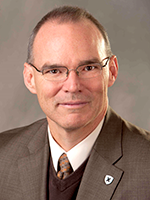24 Oct2017
By Jerrica Thurman
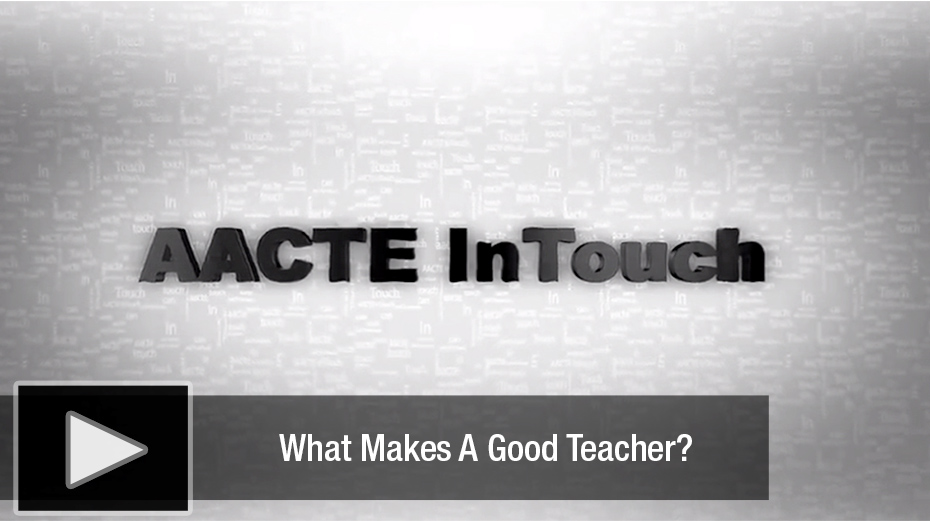
Did you know AACTE produces a mini-documentary series called AACTE InTouch? These brief videos inform the public about educator preparation and ways to advocate for, get involved in, and support the education profession.
The series educates viewers on how effective teachers are prepared and showcases successes and challenges in educator preparation. The video content is designed to align with the Association’s key messages focused on quality, advocacy, partnerships, and innovation. Featuring a variety of topics and layered storytelling, the series helps viewers understand the critical issues in educator preparation, feel connected to AACTE’s mission, and learn about innovations in the field.
20 Oct2017
By Jemima Cabedo
In 2014, the University of North Carolina at Greensboro (UNCG) received a federal Teacher Quality Partnership grant for a proposal called Transforming Teaching through Technology (TTtT), winning Year 1 funding of nearly $1.7 million, renewable for up to 5 years. Now, as the partners move into their fourth year of grant-funded collaboration, I asked Principal Investigator and Project Director Christina O’Connor for an update on their work and what it takes to secure continued funding from the U.S. Department of Education year after year.
The partnership among UNCG, Guilford County Schools, and Winston-Salem/Forsyth County Schools aims to prepare 300 teacher candidates per year with the knowledge, skills, and dispositions to incorporate technology to promote academic learning for all students. The idea is to produce teachers who can embed technology and hands-on, problem-based instruction across all content areas. By approaching this work through partnerships, O’Connor noted, the strategies and lessons benefit not only preservice teachers but also the school-based educators and UNCG faculty.
04 Oct2017
By Jemima Cabedo
An online Education Talk Radio program last month featured AACTE members in a discussion of how their educator preparation programs contribute to high teacher quality. Host Larry Jacobs interviewed guests Rebecca West Burns, assistant professor at the University of South Florida, and D. Mark Meyers, director of the Educational Administration Program at Xavier University (OH).
The show began with discussion around the continuum of teacher development, from preservice preparation through stages of leadership, both formal and informal. Burns explained that teacher leaders include those who are instructional coaches or mentors as well as those acting less formally as leaders from within their classroom. Teachers can work collaboratively to share knowledge and help each other make progressive changes in their school. Meyers added that leadership principles applied by teacher leaders and administrators are often the same, although they may be implemented differently.
29 Aug2017
By Erisel Cruz
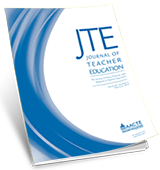
Have you read the September/October 2017 issue of the Journal of Teacher Education (JTE) yet? It is now available online and hitting desks around the country. See what Volume 68 Number 4 has to offer!
- In this month’s editorial, “How Teacher Education Can Elevate Teacher Quality: Evidence From Research,” members of the JTE editorial team at Michigan State University highlight the issue’s four articles. Robert E. Floden, Gail Richmond, Corey Drake, and Emery Petchauer note the papers’ findings and the significance of their topics to various stakeholders in teacher preparation.
22 Aug2017
By Lynn M. Gangone
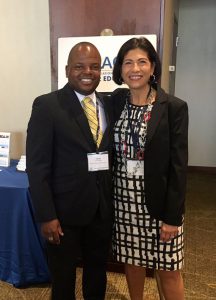
The AACTE Quality Support Workshop this month was an inspirational model of improvement in action. During my 3 days in Minneapolis, I witnessed a profound commitment among participants to ensure high levels of quality in their programs. Understanding standards and evidence more deeply, using data more strategically, and creating more effective quality assurance systems were some of the topics covered.
Dedication to continuous improvement is shared by AACTE’s members and the Association itself. To that end, the AACTE team is focusing the first part of this new academic year on an extensive review of the organization’s operations and programs, facilitated by an experienced consulting firm with assistance from a staff steering committee (see this recent article by Vice President Rod Lucero). In addition, an Association-wide member survey launches in September, and we’re counting on your participation to inform our work going forward. AACTE is always looking to improve and meet the changing needs of the membership.
23 May2017
By Deborah Koolbeck
On May 10, AACTE was pleased to submit a letter to members of Congress on behalf of 141 organizations and their state affiliates recommending full funding for Title II-A of the Every Student Succeeds Act (ESSA). The letter went to leaders of the education subcommittees working on appropriations in both the U.S. Senate and the U.S. House of Representatives for Fiscal Year 2018, in light of the recommendation in the president’s request to eliminate this $2.295 billion program (see the “skinny budget” released in March, and I’ll have another article soon about the full proposal being issued today).
16 May2017
By Derek Olson
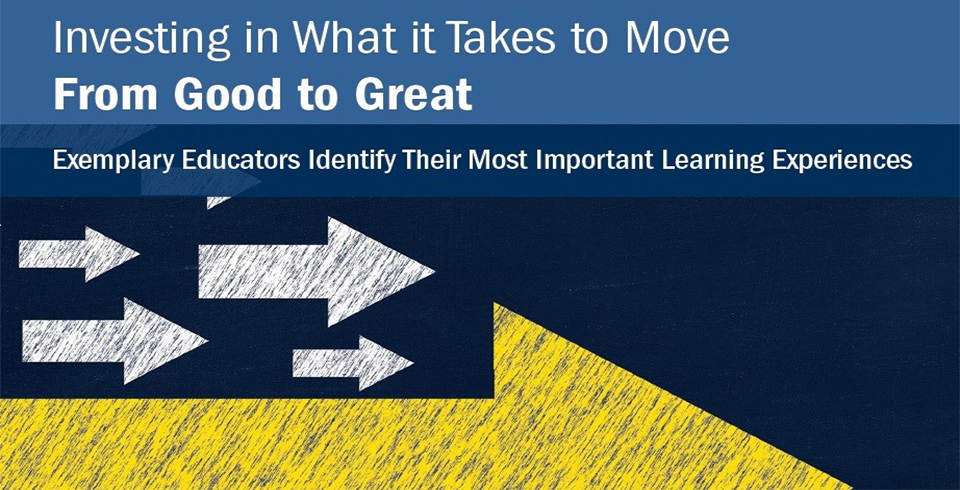
Everyone likes a great investment, a sure thing, a great return for the money. In education, as in the markets, trying to figure out where to invest for the best results is challenging. Still, solid research can point us in the right direction, which is why I couldn’t wait for the results of the latest study in the “Good to Great” series by the National Network of State Teachers of the Year (NNSTOY): Investing in What It Takes to Move From Good to Great: Exemplary Educators Identify Their Most Important Learning Experiences.
16 May2017
By Jane S. Bray
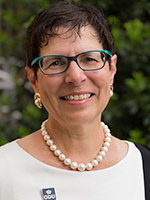
This op-ed was published May 14 in the Virginian-Pilot. The views expressed in this post do not necessarily reflect the views of AACTE.
At a recent alumni award ceremony for Old Dominion University’s Darden College of Education, one of the honorees, author Rodney Sidney II, introduced the guests he had invited. Among them was his fourth-grade special education teacher. The moment was tremendously poignant, as he spoke of the support and encouragement he had received from her. Even more touching was how Sidney described her belief in him and her never-ending guidance.
11 May2017
By Zachary VanHouten
Today, the National Council on Teacher Quality (NCTQ) released the second installment of its now-segmented Teacher Prep Review, this time grading undergraduate programs preparing secondary teachers based on a document review of their admission standards, content requirements, and field experiences.
Out of the 717 programs reviewed across the country, the new report says “adequate” content knowledge requirements are in place in approximately 81% of programs for candidates in the sciences and in 65% of social studies programs, while nearly all programs provide adequate preparation for English and math teachers. About three quarters of the evaluated programs require subject-specific methods courses, and less than half of those require student teaching in connection with that course work.
02 May2017
By Deborah Koolbeck

On Friday, April 28, Congress passed a continuing resolution (CR) for Fiscal Year 2017 (FY17) extending funding through May 5 to avoid a federal government shutdown. Then working through the weekend, lawmakers reached an agreement on an omnibus appropriations bill (see PDF), which now heads to the U.S. House of Representatives and the U.S. Senate for approval to fund the government through September 30.
The omnibus encompasses 11 of the 12 federal appropriations bills, as the remaining one – for Military Construction and Veterans Affairs – was completed last year. Included in the education section, which begins on page 1010 of the omnibus bill, is direction for the U.S. Department of Education to begin the work of offering year-round Pell grants. The Teacher Quality Partnership grants and the Special Education Personnel Preparation program are flat-funded. Title II-A of the Every Student Succeeds Act (ESSA), the School Leader Recruitment and Support Grants, and the overall budget for the Institute of Education Sciences are reduced. Details on these areas can be found here.
01 May2017
By Sharon Brennan
The author and her collaborators presented a free AACTE webinar last month, “Building Teachers’ Cultural and Global Awareness to ‘Reach and Teach’ All Students”; the webinar recording and slides are available here. See also her earlier blogs on this topic, “Preparing Teachers to ‘Reach and Teach’ All Students” and “The Nature of Cultural and Global Learning: Key Concepts for Teacher Preparation.” The views expressed in this post do not necessarily reflect the views of AACTE.
The University of Kentucky has been working to transform education programs to better prepare teachers for the diversity of their future classrooms. But we are hardly alone – educator preparation programs, state agencies, accrediting bodies, and others are all directing energy and support toward ensuring the education workforce is prepared to reach and teach all students.
21 Apr2017
By Zachary VanHouten
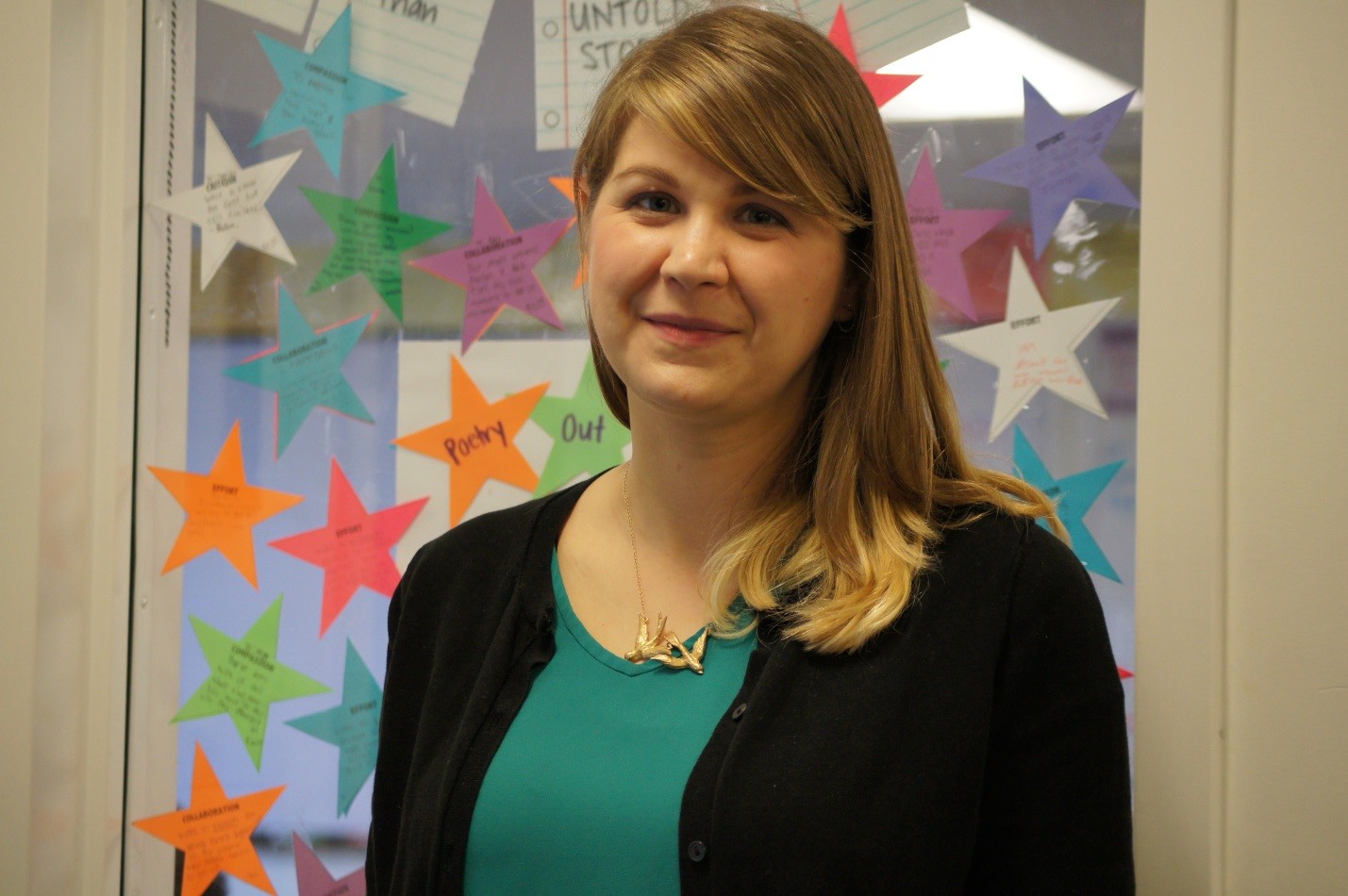
AACTE congratulates 2017 National Teacher of the Year Sydney Chaffee, who teaches 9th-grade humanities at Codman Academy Charter Public School in Boston, Massachusetts. (See AACTE’s press release issued today.)
Chaffee, who has been a teacher for a decade, earned her bachelor’s degree in women’s history and writing from Sarah Lawrence College (NY) and her master’s degree in curriculum and instruction from Lesley University (MA).
02 Feb2017
By Kristin McCabe

AACTE’s Committee on Professional Preparation and Accountability has selected James Hiebert, Robert J. Barkley Professor in the University of Delaware School of Education, to receive the 2017 AACTE Margaret B. Lindsey Award for Distinguished Research in Teacher Education. The award will be presented at the 69th AACTE Annual Meeting Speaker Spotlight Session, Saturday, March 4, at the Tampa Convention Center in Tampa, Florida.
“Dr. Hiebert has invested a major portion of his scholarship in the process of improving teacher preparation,” said Carol Vukelich, dean of the College of Education and Human Development, University of Delaware. “He is recognized as an important scholar who has moved the field of mathematics education forward in significant ways. His work provides a model for how education faculty can design programs that have a positive impact not only on teacher education candidates’ learning but also on the learning of their students when they begin teaching. This is exactly the kind of work our field needs.”
08 Dec2016
By Zachary VanHouten
Today, the National Council on Teacher Quality (NCTQ) released its latest installment in the Teacher Prep Review, “Landscape in Teacher Preparation: Undergraduate Elementary.” To those familiar with previous versions of the Review, NCTQ is publishing with a noticeably different approach this time – instead of one all-encompassing review of programs, NCTQ has chosen to release reports in five segments:
06 Dec2016
By Daina Lujan, Eurania Isabel Lopez, Judith Munter and Timothy Weekes
California, like many states in the nation, faces a critical shortage of teachers. As California recovers from the Great Recession, teacher hiring needs have steadily increased from a recent low of 10,360 in 2011-2012 to 21,482 in 2015-2016. During the same period, the number of new credentials issued has decreased to a low of fewer than 14,000 candidates in the 2014-2015 school year. This reduction in productivity is reflective of the downward trend in enrollment in teacher preparation programs.
